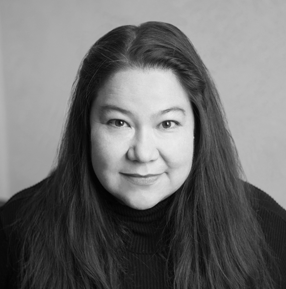Never Ever
Alarmed, today is a new dawn,
and that affair recurs daily like clockwork,
undone at dusk, when a new restaurant
emerges in the malnourished night.
We said it would be this way, once this became
the way it was. So in a way we were
waiting for it. I still haven’t eaten, says the cook
in the kitchen. A compliant complaint.
I never eat, says the slender diner. It’s slander,
and she’s scared, like a bully pushing
lettuce around. The cook can’t look, blind with hunger
and anger. I told a waiter to wait
for me and I haven’t seen him since. O it has been forty
minutes it has been forty years.
Late is a synonym for dead which is a euphemism
for ever. Ever is a double-edged word,
at once itself and its own opposite: always
and always some other time.
In the category of cleave, then. To cut and to cling to,
somewhat mournfully.
That C won’t let leave alone. Even so, forever’s
now’s never, and remember is just
the future occluded or dreaming. The day has come:
a dusty gust of disgusting August,
functioning as a people-mover. Maybe we’re going
nowhere, but wherever I go
I see us everywhere. On occasions of fancyness,
or out to eat. As if people, stark, now-ish
people themselves were the forever of nothing,
the everything of nobody,
the very same self of us all, after all, at long
last the first.
Copyright © 2015 by Brenda Shaughnessy. Used with permission of the author.
“My three-year-old daughter likes saying ‘never ever!’ and for the first time I really thought about this funny construction: so there’s an ‘ever’ after the finality of ‘never?’ There’s more time to be found? I like words that contain their own opposites, like ‘ever’ and ‘cleave.’ Certain concepts, like ‘change,’ can also challenge themselves, or at least add a pinch of doubt. ‘Change’ can mean substitution rather than transformation (same person into another outfit or same amount, just quarters now instead of bills) or ‘the more things change the more they stay the same.’ But over time, right before my eyes, there are irreversible changes that have never occurred before—where it seems possible to grow, not just rearrange, to break patterns, not just replace. My kid outgrows a mispronunciation (she used to call them ‘opposips’) or we enter a new year; it may not be news but it is a new chance. We can’t go back to the old. But will we make this new year worthy of its promise of true change or will we just go around in circles?”
—Brenda Shaughnessy

